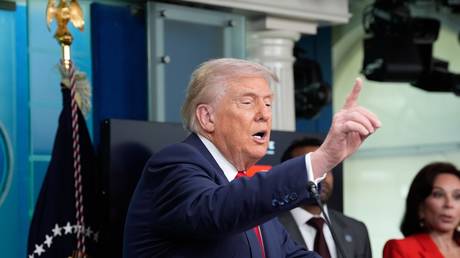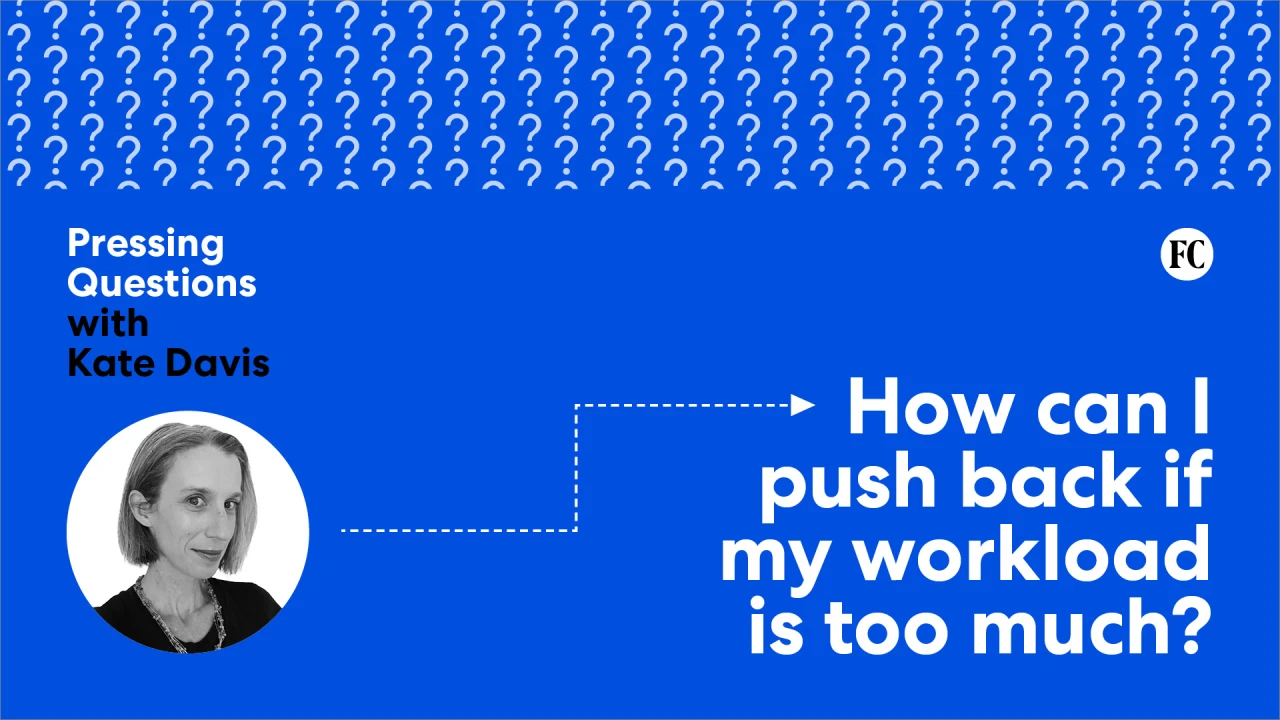EV sales are surging ahead of tax credits ending. What to know if you’re one of the buyers swarming dealerships now

The clock is ticking on tax credits for electric vehicles—and that’s pushing a lot of people who were debating whether or not to get one off of the fence.
Sales are surging at dealerships for EVs, and likely will remain high for the next month and a half. That’s because on September 30, the $7,500 tax credit for new EV purchases (and $4,000 for a used one) will disappear, a move that will add challenges to an industry that already has plenty.
Wait times for a new Tesla are currently hovering between four and six weeks, but over the weekend, the Tesla site was reportedly showing waits of four to six months. (It’s unclear if that was a mistake or glitch on Tesla’s part. Tesla did not reply to Fast Company‘s request for comment on the matter.)
Ford and General Motors, which also make EVs, have not reported extended wait times, but customer interest is growing.
Analysts say that’s to be expected, but once September comes to an end, the party may well be over for EV companies.
The July 4 signing of the Trump budget bill marked the death knell for EV incentives (and also spurred a feud between the White House and Elon Musk). That puts the EV industry at something of a crossroads.
Last month, consumers purchased 130,100 new EVs, the second-highest total on record, according to Cox Automotive. That was a 26.4% jump from June, and roughly 20% higher than last July. Used EV sales came in at 36,700, which was a record high.
Tesla is emphasizing the expiration of the tax credits on its site to encourage potential buyers to commit to a sale. The company has also increased lease rates of the Model Y by as much as 14% and done away with a free upgrade incentive for the Models Y and 3.
But the sales numbers won’t remain that high, experts say.
“Volatility is anticipated, as EV share mix from July-September is expected to advance, followed by much lower take rates in the fourth quarter of 2025,” S&P wrote in a blog post.
A June report from AAA showed flagging consumer interest in EVs. Only 19% of the people surveyed by the organization said they were “likely” or “very likely” to purchase one as their next car. The number who were adamantly against buying an EV was up, with 63% saying they were “unlikely” or “very unlikely” to buy an EV. That’s the highest number since 2022.
Tesla, meanwhile, reported a 16% drop in vehicle sales in its second quarter earnings. (The company’s stock is down 10% year to date.)
What to know if you’re thinking about buying an EV
If you’re one of the people who was considering an EV purchase, experts say you should figure out which car you want soon—and not hesitate on the purchase. Those who do could find themselves at the mercy of the dealers.
“Electric vehicle demand and sales will absolutely spike between now and September 30,” says iSeeCars executive analyst Karl Brauer. “I expect the typical last-minute rush between September 20 and 30, and I expect those buyers will be left with the dregs of the EV market. Dealers will be happy to leverage their advantage if they still have a desirable EV on the lot on September 29 and 30.”
An alternate scenario could see a stand-off between dealers and consumers in the coming weeks. Dealers, who know sales are about to plummet in October, could be willing to come down much further on pricing as September 30 approaches if they still have a surplus of inventory.
(To receive the tax credit, consumers must not only purchase their vehicle before the September 30 deadline, but must also take delivery by that date.)
The good news for potential buyers is that in July, at least, EV prices are still coming down. Kelley Blue Book says the average new EV cost $55,689, down by 2.2% from the June average and 4.2% lower than the year prior. Tesla saw the biggest price drops.
“The urgency created by the administration’s decision to sunset government-backed, IRA-era EV incentives was expected to create serious demand for EVs in the short term,” said Stephanie Valdez Streaty, senior analyst, Cox Automotive. “If last month is any measure: Mission Accomplished. . . . At this pace, Q3 will be the best ever and then some, as buyers jump in before the big incentives dry up.”
What's Your Reaction?
 Like
0
Like
0
 Dislike
0
Dislike
0
 Love
0
Love
0
 Funny
0
Funny
0
 Angry
0
Angry
0
 Sad
0
Sad
0
 Wow
0
Wow
0


















































![Grit, Loyalty, and Life in the Trenches Remble's "SWIMWEAR" [Video]](https://earmilk.com/wp-content/uploads/2025/08/Remble-800x505.png)








































